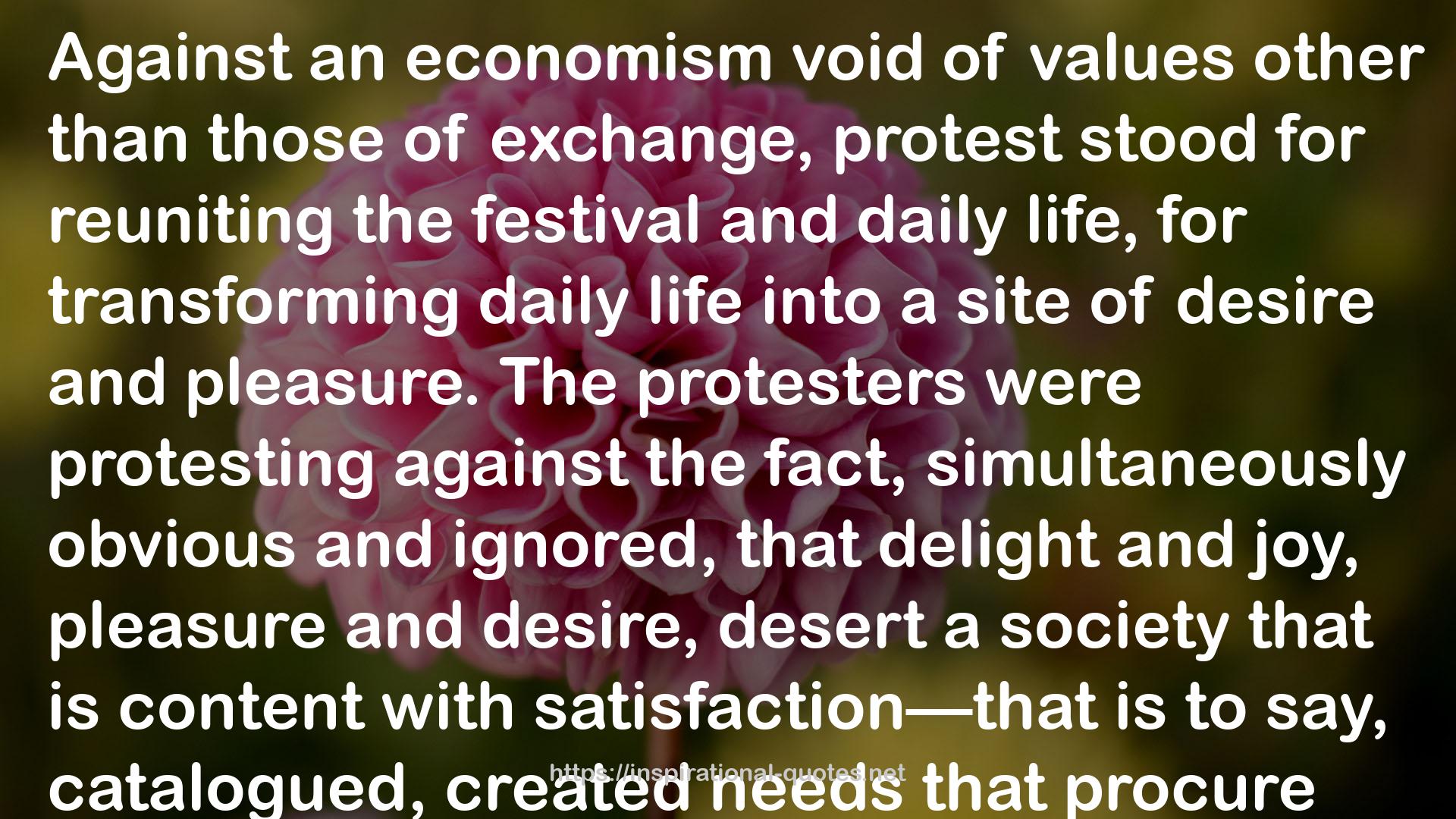Critique of Everyday Life QUOTES
SOME WORKS
- Broken Song
- Night Witches
- Wild Blood (Horses of the Dawn #3)
- Mary, Queen of Scots: Queen Without a Country, France, 1553
- Unicorns? Get Real! (Camp Princess, #2)
- Wolves of the Beyond Collection: Lone Wolf / Shadow Wolf / Watch Wolf
- Prank
- A Journey to the New World: The Diary of Remember Patience Whipple, Mayflower, 1620 (Dear America)
- My Year Abroad
- The Surrendered

